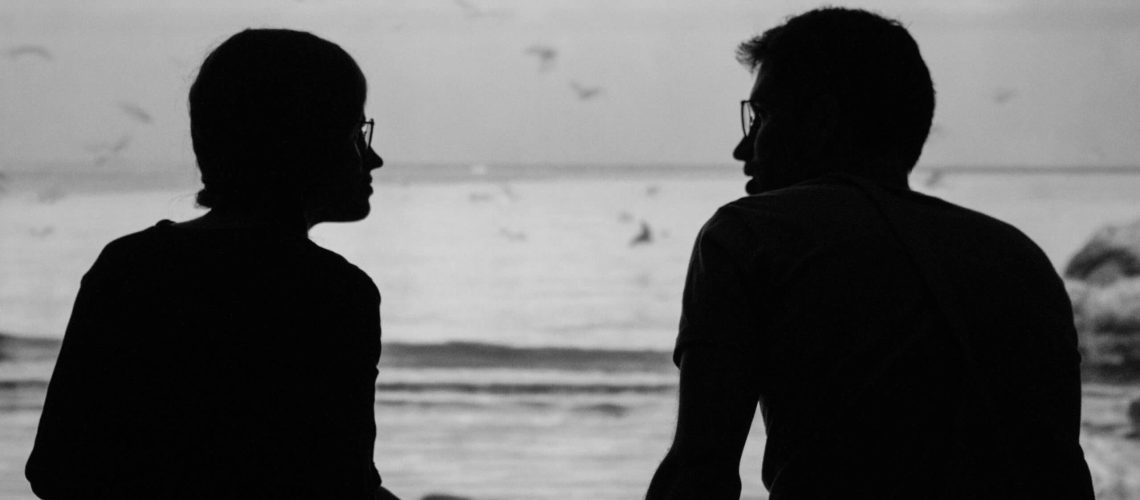Much has been made of how tough the coronavirus pandemic has been for the tourism industry. For sure, it has been an unprecedented challenge in dealing with circumstances few could have possibly anticipated.
Yet, while we are not out of the woods yet, there are reasons to be cheerful within the industry. With many countries taking early steps towards opening borders, reinvigorating their tourism industries and ploughing ahead with vaccination campaigns, we are tentatively hopeful that travellers will have plenty of opportunities to explore soon.

The experiences will be altered, for sure, but this change can positively affect the industry as we look to learn lessons and innovate our services. We must adhere to the new normal. This may end up meaning improved circumstances for everybody involved, from travellers and suppliers to the host communities themselves.
With this in mind, we want to indulge in a little reflection – an introspective self-analysis of our performance during the early days of the pandemic. We are proud of how we encountered and adapted to the continually changing situation, but we also know that there may be lessons to be learned.
Therefore, we wanted to share our story with our partners, share the positives to be taken from this challenging period, and share how we can continue to provide our excellent services going into the future.
So, let’s take a reluctant trip down memory lane, back to those heady days of February 2020.
Industry Insights from James Duquette
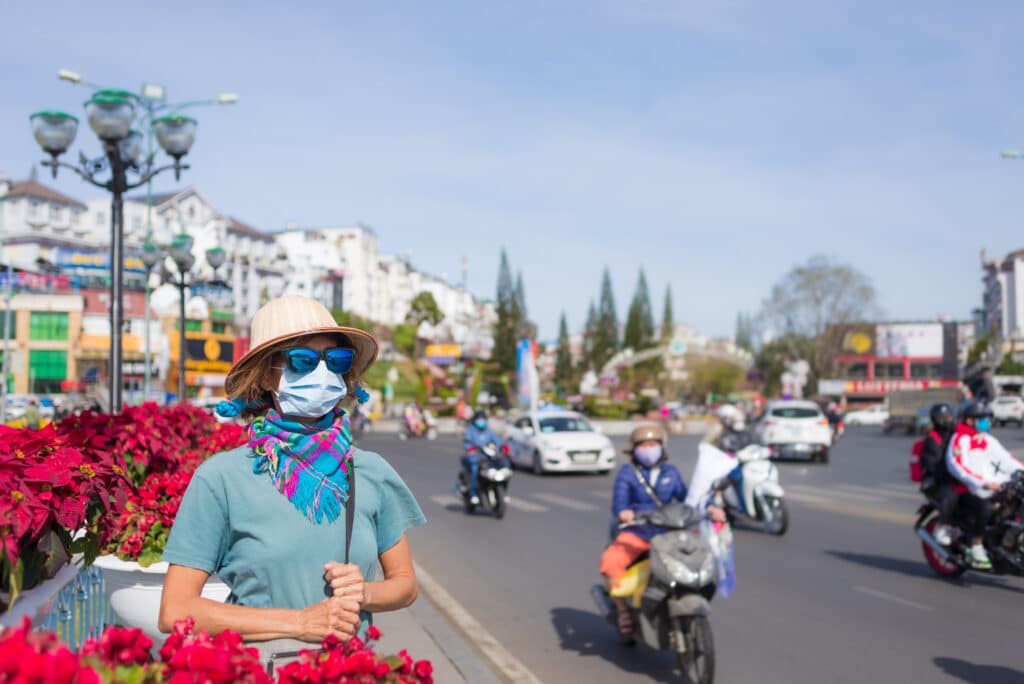
On being asked to reminisce back to the beginnings of the pandemic, James gives a wry smile. ‘Do I have to?’ he replies, ‘I think I have some PTSD’.
James is our worldwide Partner Experience Manager. However, perhaps unexpectedly, his other title as Crisis Manager became a whole lot more prevalent in 2020. Despite his casual self-deprecation at what was understandably a stressful time, James and his Crisis Management Team did an exceptional job of adapting quickly to events and working tirelessly to keep people safe.
We asked a few questions to help him share his experience.
When did you realise that we needed to stop operations?
“We made the decision to stop operating in Vietnam after long discussions and a bit of soul-searching. The situation in Vietnam had moved much faster than in other places, largely due to the government’s aggressive action plan. Over a week or so, we had been dealing with a continuous string of closures. We had customers in hotels on lockdown, guides and customers in government quarantine facilities, and there was no clear end in sight.”
“Every day on the news, domestic and international flights were listed with confirmed cases of Covid-19, requesting everyone connected with those flights to report to health or medical centres. It was the end of the day at one point when I was meeting with our Vietnam leaders, and we received word of another closure and another guide placed on quarantine. Our Groups Reservations leader spoke up and said, ‘how long can we go on like this?’. There was a moment of silence while I think we all considered the situation, and then our Vietnam leaders agreed the time had come to pull the plug.”
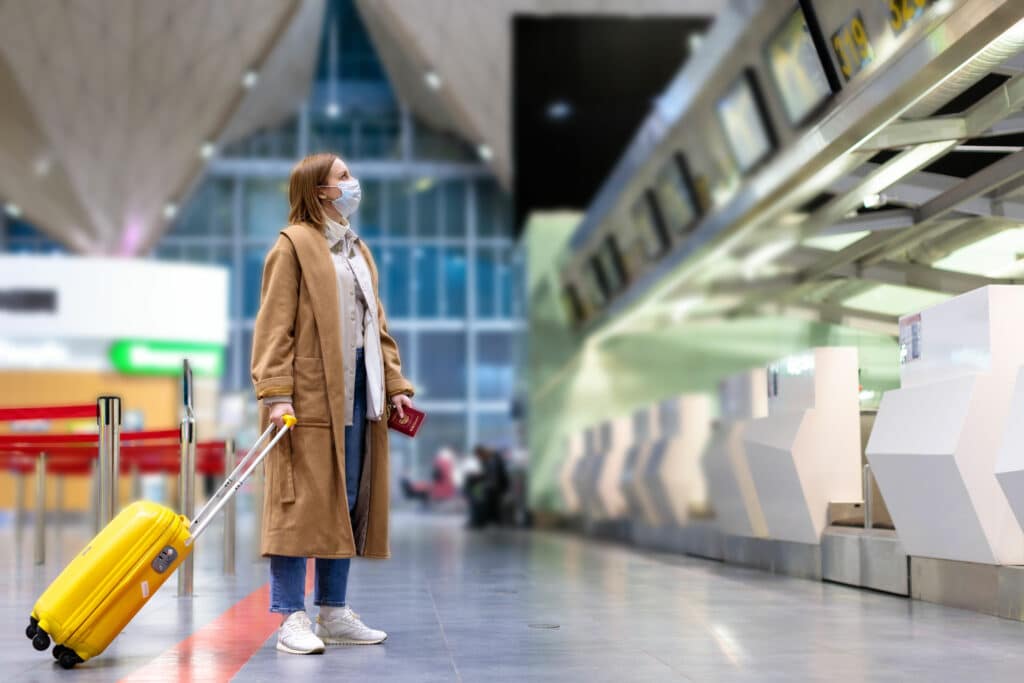
So, what happened then?
“We convened our Crisis Management Team. Fortunately, we had undergone crisis management training in January, so we were operationally prepared to deal with a crisis – as much as we possibly could be.”
“We had to stop operating. There was too much risk that our customers or guides would end up in quarantine, with uncertain conditions or timeframes. We set some parameters around what this meant and started reaching out to our partners and customers. At the time, this was a big decision for us, taking the responsibility to proactively stop operations.”
“This meant that we were putting the people under our care over and above any consideration of profits. I’m proud that we were able to make that decision. Obviously, in hindsight, it was also the right decision. After we pulled the plug on Vietnam, the decision to stop operating in other destinations was made for us as governments around the world announced lockdowns and closures.”
How did you handle communicating with partners about individual traveller situations?
“The key to swift and clear communication with our partners and travellers during this crisis was down to well-defined ownership within our teams. Internally, we have a very robust ownership structure for each booking, which means that every traveller in-destination has someone within our team who is responsible for knowing where they are and what they are doing.”
“Externally, we have a team of dedicated account managers and sales managers who handled communication directly with our partners. This defined communication structure was invaluable during this process as there was no uncertainty about what was needed to be done or who should be doing it.”
“Our account managers were an excellent resource for our partners, keeping them informed and updated about the constantly changing situation on the ground. It’s strange to highlight this, but we are used to having to deal with alternatives. Working in travel in South East Asia, there are often issues that need to be worked around. Sometimes, flooding means certain areas aren’t accessible, or high winds cancel trips in Halong Bay – we’re experts with a playbook when it comes to adapting to difficult circumstances.”
“Although, it has to be said, these exceptional circumstances stretched our skills a little bit!”
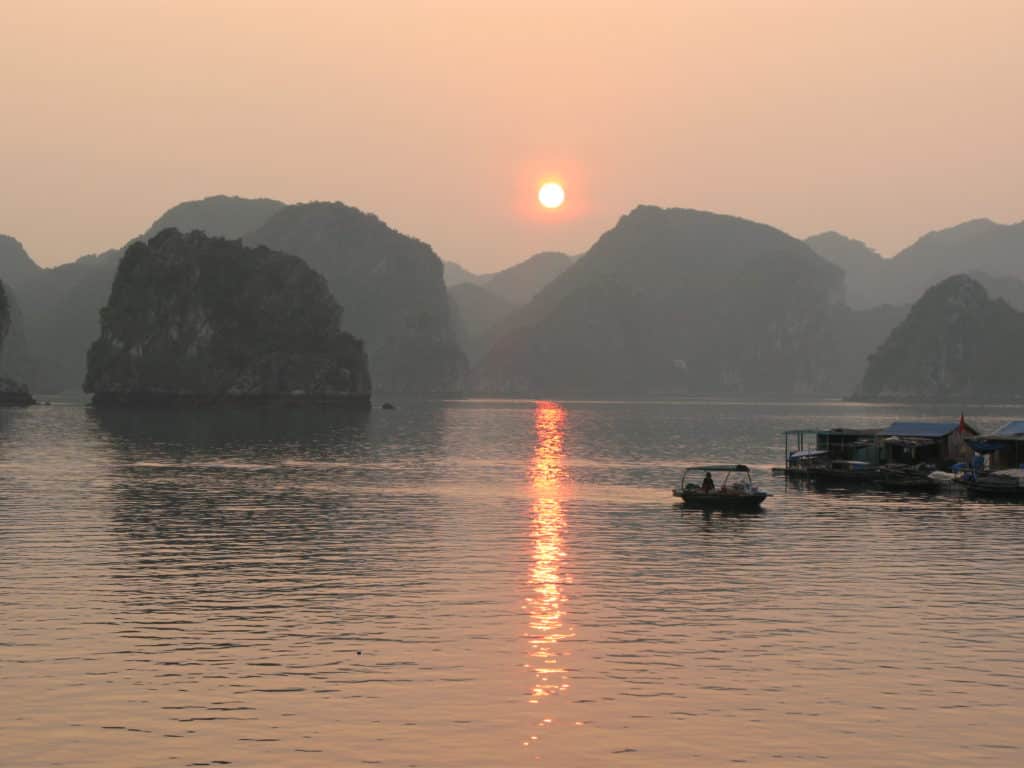
How did your team work to support customers, even while they were themselves directly impacted?
“It was stressful, but, as a team, we persevered and ensured that our partners and travellers were given the care and attention they needed. For instance, we made sure that those who were stuck were regularly informed of new information. We sent them food and made sure that the families were supported and kept in the loop too. Many virtual hugs were sent, and words of encouragement shared throughout this ordeal, we never lost sight of our people.”
How did you deal with different channels of information coming through?
“Dealing with misinformation was a challenge. We were continually receiving snippets from here and there in our different countries of operation. Rumours would be heard, only to be contradicted later, and inconsistencies were a real issue.”
“Thankfully, we made a commitment to do several things. Firstly, we imposed a strict system of checks and balances on reports before making a call on sharing this with our partners. This meant that our output was well-researched and clarified so that it could be trusted.”
“Secondly, we worked hard to build new relationships and streams of communication. To be well-informed, we had to engage with different departments within the governments of each respective country.”
“Thirdly, our numerous teams enabled us to plan for worst-case scenarios regardless – meaning that even rumours were given credence due to the resources we had at hand. Ultimately, we felt prepared for any new scenario.”
Industry Insights from Andrew Howells
Andrew’s job as an Operational Risk Officer became a whole lot more challenging in 2020. Much like James, when asked to reflect on the events of the last 18 months, there was a sharp intake of breath. Andrew looked off into the distance briefly before sighing and tackling the subject with the same characteristic thoroughness of a Risk Officer.
Andrew deals with everything health and safety within the organisation, usually conducting inspections and investigating any issues relating to travel experiences. As a result, once the scale of the issue at hand became apparent, Andrew worked closely with James and the Crisis Management Team. After coordinating the initial response in our destinations together, it was then Andrew’s job to implement a whole host of new health and safety procedures.
We helped him through his retelling with a few questions.
As the scale of the situation was realised, what steps were taken to protect the safety of travellers?
“Well, there are a few different facets to this. We had to deal with the reality that we were working in teams across 14 different countries, with plenty of inconsistencies. We needed to have allocated teams in each destination that knew precisely what the situation was for all of our travellers.”
“Thankfully, we could do this due to the sheer number of people in the company – we had the capacity with our detailed and robust Crisis Management Team to adequately cover the situation for all of our travellers. We responded appropriately to even rumoured cases and suspected issues, such was our capability to adapt and react quickly.”
“The second facet was that we needed to build even better relationships with suppliers so that we could trace our travellers – our own effective contact tracing. Then, of course, there were the new health and safety procedures and standards that would have to be implemented.”
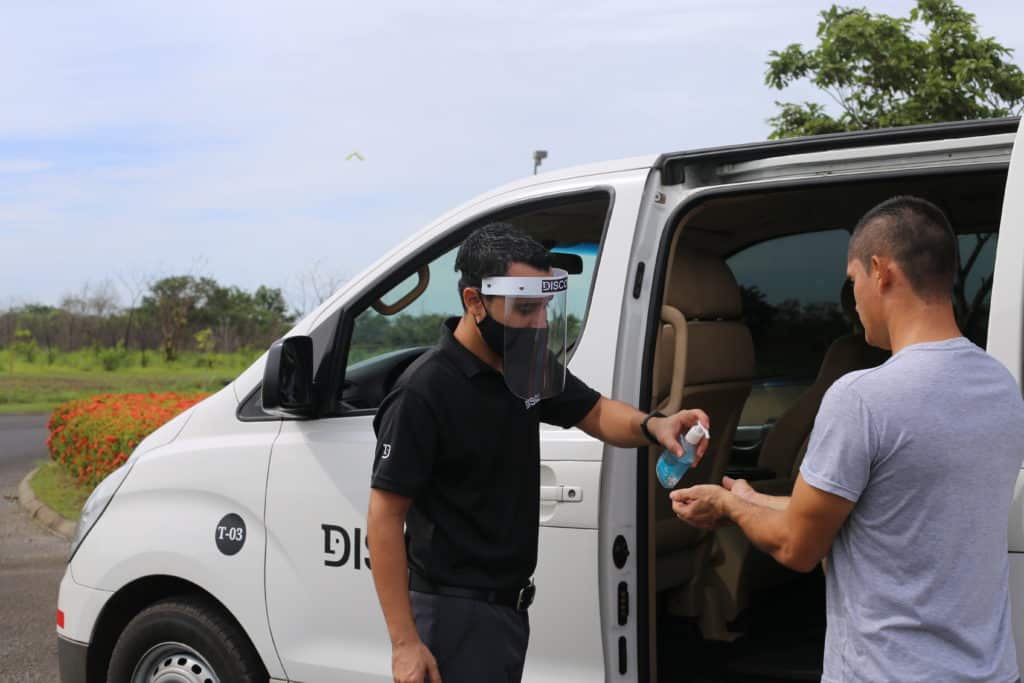
Yes, how did you develop those health and safety procedures, and how were they installed?
“Well, we consistently monitored the WHO advice, adapting as expectations altered and changed. We instigated more robust cleaning schedules and introduced working bubbles throughout our offices to allow teams to keep working at high capacity.”
“New checklists sharing information with staff were made visible and accessible, as well as training to support the following of these procedures. It was imperative to build trust across the whole workforce, to let all of our employees know that the safety of everybody involved was an absolute priority. In this way, employees felt safe to say if they were sick.”
“We had to source items that have now become ubiquitous in all of our destinations – there was a shortage of hand sanitiser for a little while. Of course, some of these changes transformed the way the business looks. Many of these procedures became the foundations of our standardised health and safety procedures across all of our destinations.”
How does this change the way DMCs manage Health and Safety in the future?
“The phrase ‘the new normal’ may have become overused, but in our case, it’s absolutely relevant. The way we implement health and safety has changed for the better, and these measures will be in place for the foreseeable future in the tourism industry.”
“Discova managed to be able to respond to this crisis effectively by prioritising people over profits. All that remains is to ensure that each team in each country is accountable for adhering to these standards, something we have already seen in place in our Americas destinations to good effect.”
Industry Insights from Andrew Turner: Discova Going Forward
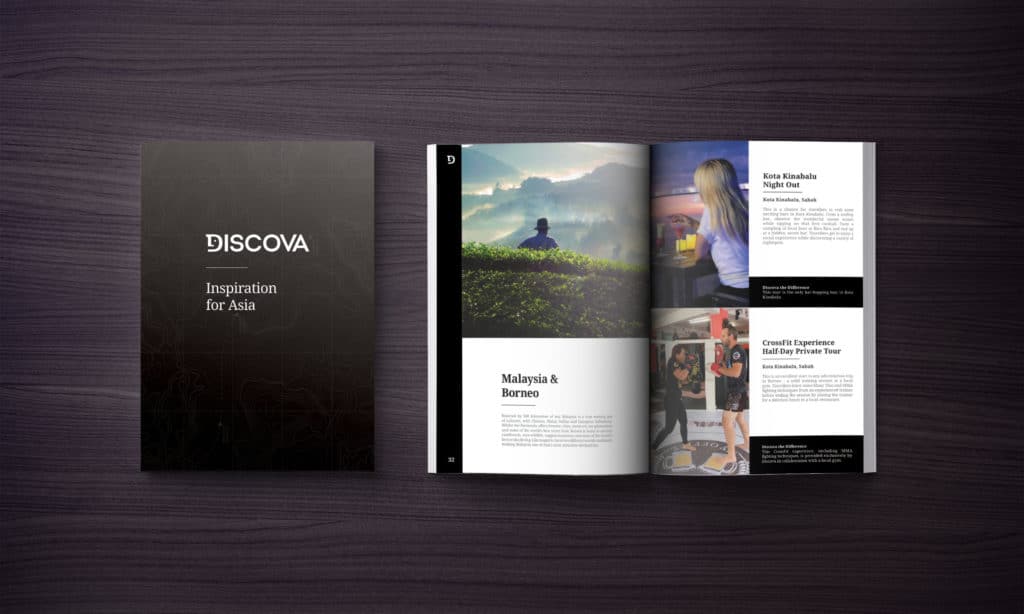
On a final note, we look to some specifics with Andrew Turner, Global Director of Sales and Marketing. Andrew shared some information about what we have been doing to progress the business during the disruption of travel.
“There seems to be an unease felt by many travellers around the world concerning the prospect of travel anytime soon with ongoing restrictions and government u-turns. Discova needs to understand the validity of this mindset without indulging in it too much ourselves. We need to help potential customers regain the confidence to go travelling in any way that we can and show that we are capable of providing incredible experiences as and when the opportunities arise.”
How do we help customers regain confidence?
“Well, we have continuously extended our generous 7-day cancellation policy. This encourages travellers to book with us knowing that, should circumstances change, they can cancel up to 7 days before their travel date.”
“We hope to offer the incentive of peace of mind; travellers can be positive and get excited about the possible opportunities for travel but know that they also have the safeguard of being able to cancel risk-free. It is natural to be tentative, but with ongoing vaccination campaigns and increased awareness of health and safety, we are optimistic about travel opportunities. So, we encourage our partners and travellers to be optimistic too.”
So, what have we done to actually improve our services?
“In-destination, we have been working hard to improve all of our products. All of our in-country teams have undergone extra training to upskill their destination knowledge. In the process, we have diversified our product range to include more off-the-beaten-track trips and niche experiences, including updated Women in Travel and Luxury ranges. So, going forward, we have never been more confident in claiming that there is an experience for every type of traveller with Discova.”
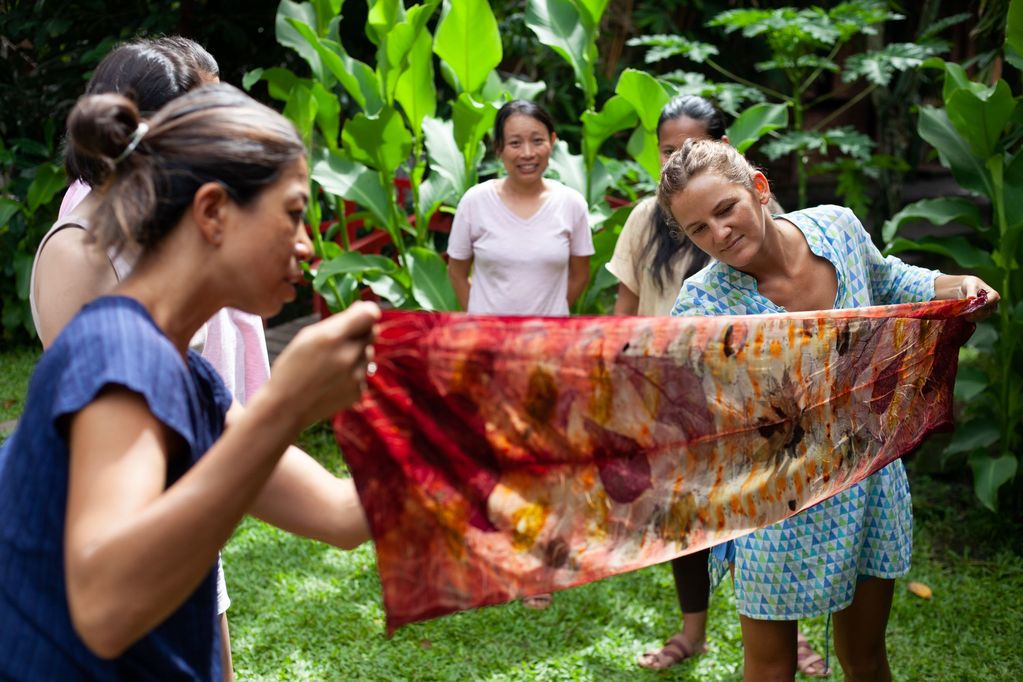
“In terms of technological improvements, A new user-friendly booking system is in the works that will streamline the process of delivering tour quotes. Discova Connect, a booking portal that will allow for bookings in live time, is also making progress. We are also working on an API system to offer live integration of our products into our agent’s booking systems. All of these steps are progressions to make the booking experience more accessible and streamlined for users, benefitting everybody involved.”
“With these improvements, both realised and those in the pipeline, we can see that the future bodes well for Discova. By extension, it bodes well for partners and travellers too. Taken as a whole, we have to frame this experience through the positives that we can extrapolate.”
So, what do you see as the positives?
“We have seen the strengths of our systems tested through the pandemic. We can evolve with the lessons to be learned from it. We know that we have improved our services through training and upgrading our products and know that planned technological improvements will further ameliorate our booking processes.”
“The partners that worked through the pandemic with us can also testify that our systems held up. Our account managers were invaluable sources of insight and communication, providing dedicated care as we all sought to navigate the uncharted ground. There is no doubt that our financial stability enabled us to perform well and maintain our high standards.”
“Yet, it’s vital to recognise that the strengths of our business during this time should provide the basis for our ongoing success: putting people before profits, communicating effectively, and using our wide global coverage to optimise efficiency.”
“Framed this way, we conclude we are better for the experience. Therefore, we are excited about the world of possibilities in the future for our partners and their customers.”


